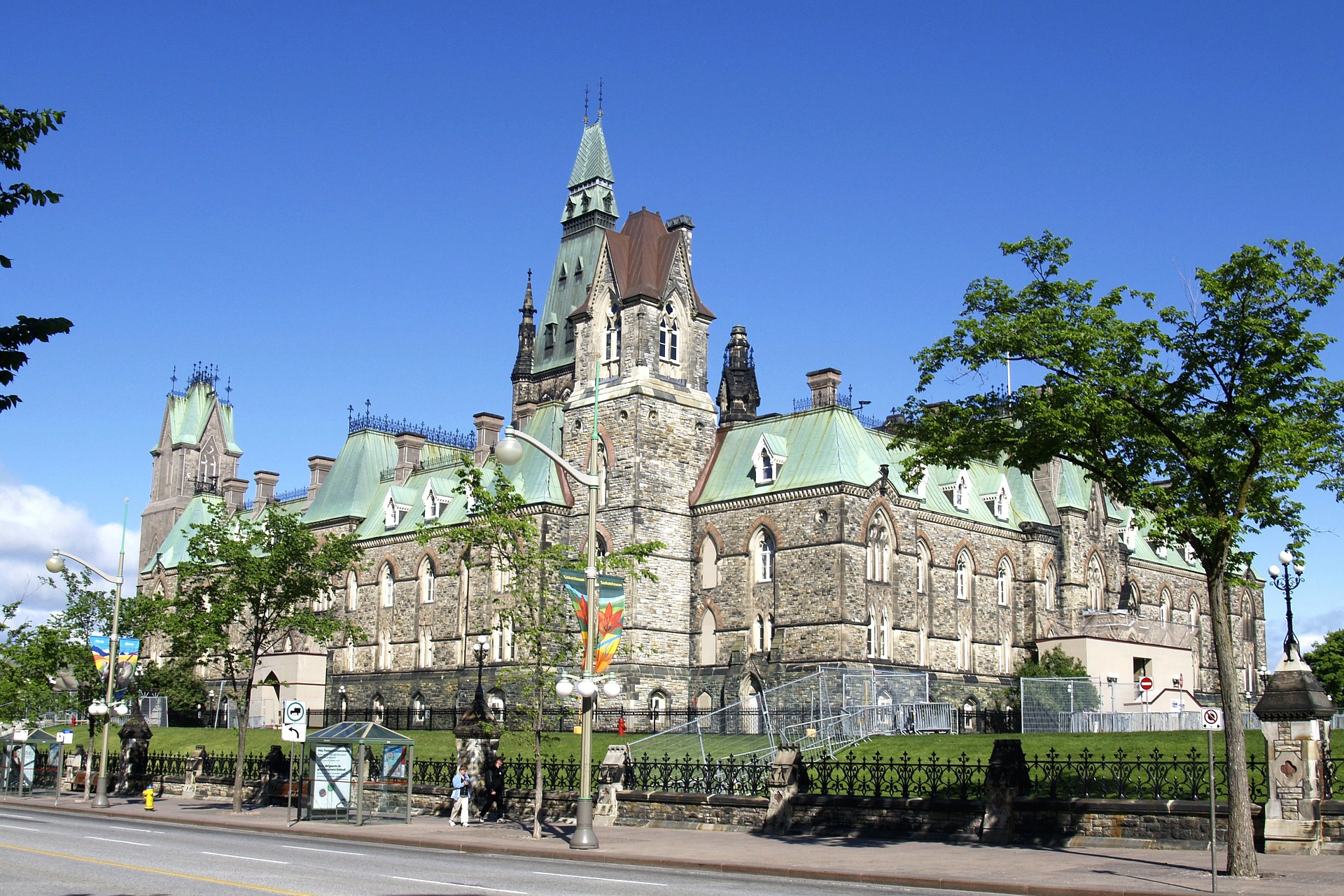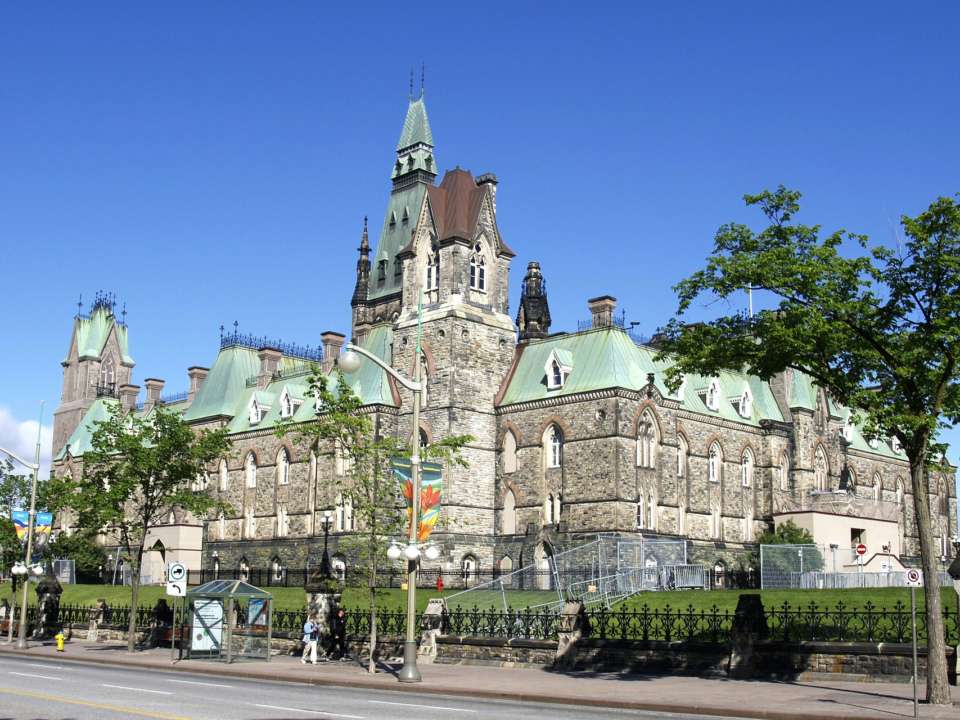
Justin Trudeau’s Election: The Potential Impact on Immigration Policies
2019-11-05
Quebec backtracks on changes proposed on the PEQ program
2020-01-01The Immigration, Refugees, and Citizenship Canada (IRCC) released new information demonstrating a sharp uptick in rejection rates among foreign nationals applying for Canadian study permits. In the first half of 2019 alone, Canada’s government rejected 39 percent of study permit applications. This figure is a sharp rise from 28 and 34 percent in 2014 and 2018 respectively.
No population has been more affected by these rejection rates than that of Indian nationals who wish to pursue their studies in Canada. Immigration experts credit the higher rejection rate among Indian students due to fraud and misrepresentation.
Canadian Government Asserts Fraud as the Reason for a High Refusal Rate
Even though the number of Indian applicants has increased, nearly one percent of applicants were denied entry due to fraud in 2017. The figure took a marked upward turn to 2.5 percent during the first
half of 2019. If this trend continues, the estimated number of Indian applications denied due to fraud
will increase by five hundred percent from 2017.
Types of Fraud Canadian Officials See Most Often
The most fraudulent documents that come across the desk of immigration attorneys and government
officials include income tax statements, banks account statements, medical invoices, education
background, letters from funeral homes, and letters from government officials.
Rightfully, this experience does raise a cause for concern when it comes to securing a nation’s border.
However, the Canadian government is being accused of placing an unfair share of the blame on Indian
nationals, which has resulted in longer processing times and higher refusal rates.
Indian Application Approval Rates Slashed in Half
And Indian students are taking notes. In April 2015, 88 percent of Indian study permit applications were
approved by the Canadian government. As of December 2018, only 40.8 percent were allowed to study
in the country. A 50 percent drop is significant.
The Canadian government believes that unscrupulous study permit brokers are to blame for fraudulent
and unrepresentative activity. However, they cite that there are other causes of fraud throughout the
process.
Other Reasons for a Canadian Study Permit Refusal
It is frustrating to be denied access to Canadian education. When an application is refused, the IRCC will
send a form letter to the individual explaining why. There are several reasons why a student or visitor
permit in Canada may be denied, including:
Not providing the necessary documentation to support identity
Not proving financial resource of which are required for staying in Canada
Not meeting global security compliance requirements
Not achieving the minimum health standard for entry
The immigration officer had suspicions about you
The government states that there are several reasons as to why Canada may refuse a study permit to
international students, whether from India or otherwise. There is legal recourse involving an appeals
process, but the time and cost of engaging in this process often result in Indian applicants moving on for
other countries, including the United States, Australia, and the United Kingdom.
How Rejection Rates for Other Countries Compare
India is not the only country affected by a disparate rate of rejection when it comes to obtaining a study
permit in Canada. Other nations look toward the country as a source of high-quality education, and
when they don’t have access, the ability to study in Canada can equate to several problems for the
home nation, including an under-trained workforce and disruptions in the overall economy.
Here are a few other nations that the high visa rejection rate effects as well:
Africa Is the Most Affected Population
There is no doubt that India exhibits strong bias through its top study permit rejection rates. However,
the continent most rejected by Canada is Africa. During the first half of 2019, more than 53 percent of
applications submitted by African nationals rejected. Canadian officials cite the same reasons for fraud
and misrepresentation when it comes to ideas for rejection.
Pakistan Still Faces Distinct Challenges
Pakistan is another population affected by low approval rates, just as much as if not more than Indians.
The success rate for Pakistani internationals was 32 percent in 2015. The success rate for Indians the
same year was nearly double. Pakistan is another country struggling to come to grips with the low visa
application rates.
China Has Easy Access to Canadian Education
As the push for STEM education rises and tensions with the United States rise, Chinese students have
been favoring Canada for other nations as of late due to the perception that it is easier to obtain
permission for entry. And that perception is correct. Chinese students face the least amount of scrutiny
when it comes to gaining admission to study in Canada.
Other Countries and Statistics Regarding Canadian Acceptance and Rejection Rates
The IRCC maintains that it recognizes the value that different cultures bring to the economic, social, and
cultural fabric of the Canadian people and landscape. Aside from India, Africa, and Pakistani, Afghanistan
had the highest rate of refusal at 95 percent. They have maintained a 90 percent or above rejection rate
since 2017 due to the international security fears.
Nations with the Lowest Study Permit Rejection Rates
Of course, some countries enjoy liberal access to Canadian education. Japan and South Korea experience
a rejection rate of 4 percent, Greece at 10 percent, and Ireland at 5 percent. The biggest complaint is
that nations favoring whites and East Asians are gaining access based on civil rights violations.
Canada’s Response to Indian Bias and Disparity
Canada is recognizing the apparent disparity by incorporating a new advertising campaign that
encourages Indian nationals to take safety precautions when it comes to the study permit application
process. The ads feature messages that help students identify and report the fraudulent activity as well
how to recognize ‘ghost consultants’ who are out to take them for a ride and make a quick buck.
The Government Updates Its System for the New Millennium
As Canada works to streamline its visa and study permit process, they are leveraging business
automation and artificial intelligence (AI) to assist in the unbiased review of international student visa
applications.
Newly Implemented Technologies Still Demonstrate Bias
These tools also save Canadian taxpayers money by not funding manual tasks that robots, computers,
and machines can already perform. The IRCC currently 30 to 40 percent of China’s applications are
handled through the system. India is still on the low end of 3 to 5 percent of applications meeting the
criteria for automated processing.
The new methodologies continue to favor racial and ethnic bias in spite of its implementation to do the
exact opposite.
Final Thoughts and Considerations Regarding High Indian Visa Rejection Rates
Some biases exist in the Canadian visa processing component as it relates to Indian students. The
government of Canada is attempting to address this issue by leveraging artificial intelligence and
application automation to save time, money, and reservations towards students from countries that
officials have identified as high-risk or less secure.
There are several compelling reasons that the government may refuse student visa status, but fraud and
misrepresentation are the most commonly cited. Indian students can appeal the government’s decision
to reject their entry using legal appeals process.
Disclaimer : The content of this blog is not legal advice and and may not be accurate or complete. If you require legal advice, contact a licensed legal practitioner directly.


